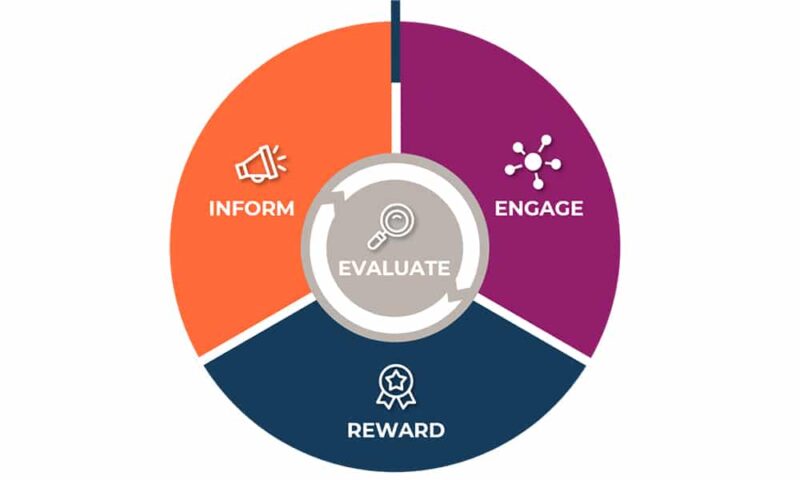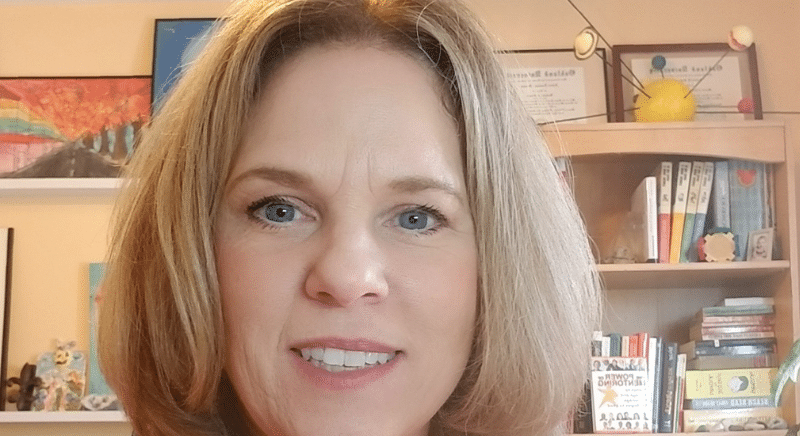We all desire a company with well informed and talented salespeople. Yet, according to Hubspot, the reality is that 46% of salespeople didn’t intend to go into sales. More than likely, many of these “non-trained and uneducated” salespeople are working for you. It is your job to ensure that these team members are adequately trained and appropriately compensated. Now, add another 500 reps through your channel sales team. While a channel sales team comes with its challenges—lack of mind share, minimal understanding of your products/services, etc.—we know a proper sales incentive program paired with strong relationships goes a long way for both audiences.
Incentive and recognition programs help improve relationship strength between your organization and your teams. When properly designed, sales incentives offer exceptional opportunities to establish, build, and deepen relationships with your employees, sales team and your channel audiences.
Not all sales incentive programs are the same. Here are four tips for building yours:
Inform Your Audience:
Start by designing with the end in mind. It’s easy to get excited about what rewards you’ll offer your top performers, but it’s essential to ask what you’re trying to accomplish in the first place. Asking critical questions like “What are you trying to do?” and “What are the measurable objectives?” are essential in the initial planning phases.
Remember, your sales incentive program isn’t just for your “sales” team. Many roles within your organization contribute to a sale in indirect ways— including your sales support team, service teams, and channel partners.
An effective sales incentive is one that is communicated effectively to all participants throughout their personalized reward journey.
For a more in-depth look at how to inform your audience in your sales incentive program: https://www.one10marketing.com/resources/blog/building-an-employee-rewards-program-informing-your-audience/
Engage Your Audience:
A sales incentive program must instill trust and commitment among your participants. To do this effectively, you must create a culture of fairness and this includes taking time to refine your incentive rules. Rules are everywhere and in all aspects of our lives. Your sales incentive program is no different. Developing an effective rules structure is one of the most important elements of a successful incentive and recognition plan. Your rules should clearly explain what your expectations are and what it will take to succeed.
Where do you start? The rules of your sales incentive program should directly relate to your business objectives. Why are you starting your incentive program in the first place? Answer this question and then set specific objectives that will help you reach your business goals and create a successful and motivating experience for your participants along the way.
Don’t forget about the tech experience! Technology is engrained in our lives and you don’t want to risk losing your participants because your sales incentive platform is frustrating. Consider technology that offer a user-centered approach and mobile-first design.
To learn more about the technology needs for your sales incentive program: https://www.one10marketing.com/resources/blog/building-a-sales-incentive-program-engaging-your-audience/
Reward Your Audience:
Your sales incentive program should inspire, motivate, and drive behavior change within your teams. Rewards can help. But, you must be flexible in your rewards mix. No two employees are the same, and each is motivated differently. Creating an effective sales incentive requires an appropriate combination of rewards that motivates everyone on your team.
Don’t assume cash is the ultimate reward. Money may seem enticing to your participants, but it isn’t always the best solution for motivating your team. Why? Cash is transactional. Rewards, on the other hand, are lasting and memorable. Consider a mix of merchandise, retail gift cards, event tickets, and individual travel to meet a variety of needs.
Pay attention to your redemption levels. Redemption of rewards also shows engagement. Therefore, if you don’t see high redemption levels from your team, you have an opportunity to re-engage your participants. A robust communication strategy that reaches all of your audiences is necessary throughout your reward cycle to increase participation, enhance program enjoyment, which ultimately motivates your team.
Learn more about creating a perfect rewards mix here.
Evaluate Your Program:
How do you know if your sales incentive program has accomplished what you set forth to change or establish in the first place? Robust evaluation is essential to determine its success. You don’t have to wait until the promotion is over before you start evaluating your key performance data.
Begin with asking the right questions: “Did you meet your measurable objectives?” and “What’s your ROI?” These questions are only effective when asked together.
To get these answers, you must gain valuable participant data throughout the sales incentive program. Ask questions when you begin, at a midway point, toward the end, and after completion. Since most incentive and recognition opportunities are ongoing, we recommend doing this for each unique SPIFF or at the beginning of the program year.
If you remember anything from this post, remember this: evaluation is essential. One more time—evaluation is essential. We’re here for it. Read this article for a list of guidelines to consider when beginning your evaluation.

Robin L Williams
Robin Williams is the Marketing Director at One10. Williams oversees the marketing initiatives for all three of One10’s business segments—travel and events, incentives and recognition and marketing services. She brings unique marketing experience to One10. Through her leadership, Williams has grown revenue, obtained new clients and reduced costs in varied industries through development, execution and leadership of integrated, data driven marketing strategies. She is an active member of the Incentive Marketing Association (IMA).



